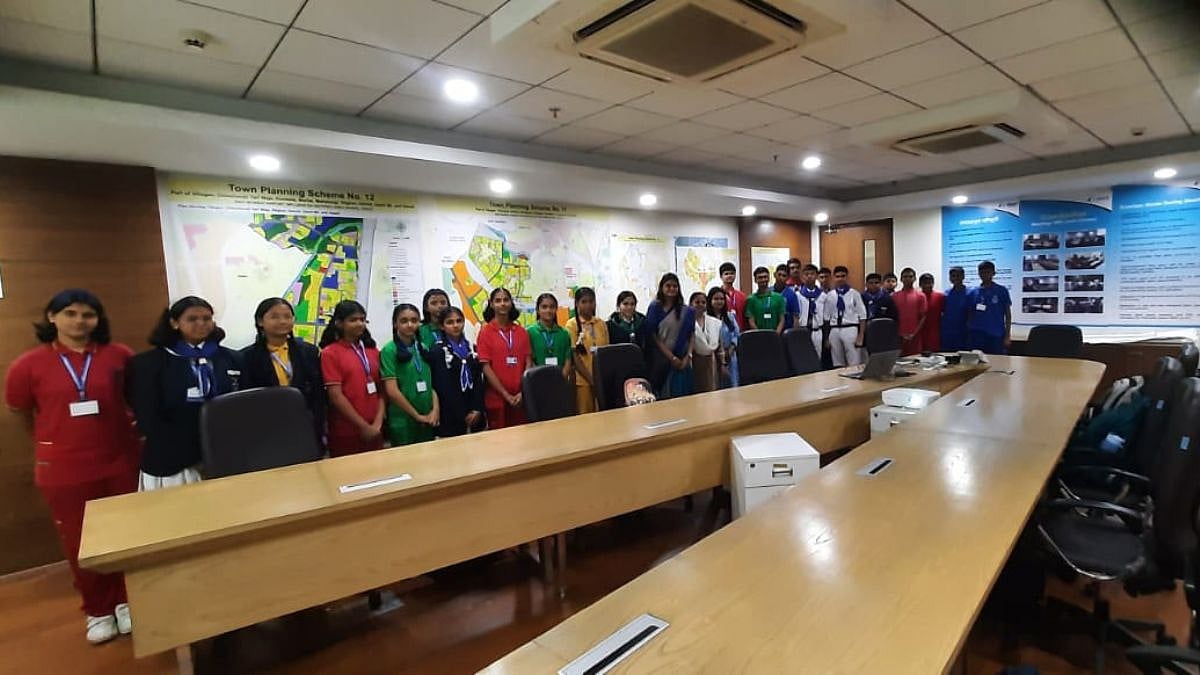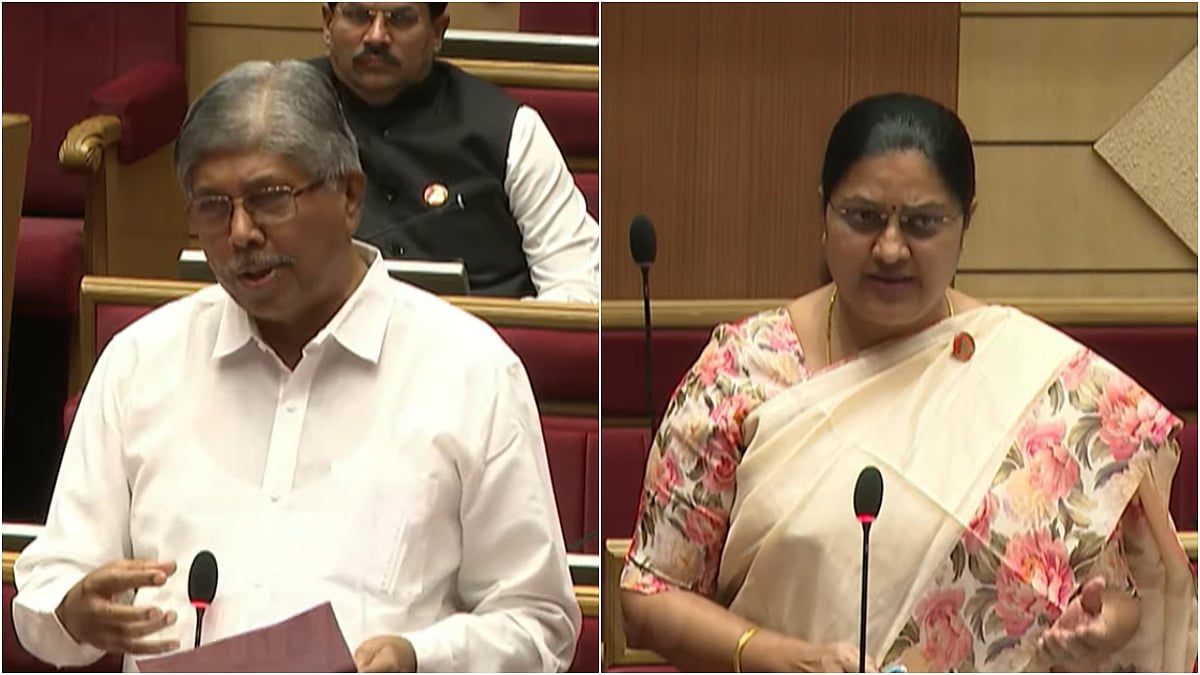In a groundbreaking move set to revolutionize the Indian education landscape, the University Grants Commission (UGC), announced the introduction of a credit system for schools and a skill-based curriculum for students. The announcement came during a press conference chaired by UGC Chairman, Prof. M Jagadesh Kumar, held at Mumbai University's Sir Feroz Shah Mehta Management Council Hall, Fort Campus, on February 6, 2024.
The conference witnessed the presence of dignitaries including Mumbai University's Vice Chancellor Prof. (Dr.) Ravindra Kulkarni and Principal (Dr.) Ajay Bhamare, Pro Vice Chancellor of MU. Prof. M. Jagadesh Kumar, in a discussion with the media, outlined the ambitious reforms aimed at enhancing the quality and relevance of education in India.
Addressing the topic, Prof. Kumar revealed, "For the first time in the world, we will introduce a credit system in schools, with levels ranging from 1 to 5, where level 5 signifies the highest achievement. As students progress, they will accumulate credits based on their educational pursuits, with a focus on continuous learning outcomes. These credits will be stored in a digital platform called the Academic Bank of Credit, ensuring each student possesses a unique credential."

Currently, with 26 crore students enrolled in the school system, of which 6 crore are registered, the ultimate goal is to onboard all students onto this digital platform. Prof. Kumar emphasized that the traditional reliance on certificates would be replaced by digital records, providing seamless authentication of academic achievements.
Prof. Kumar highlighted the importance of modern technology in governance to facilitate these reforms and allayed concerns regarding job displacement, asserting that the changing job landscape would necessitate different skill sets, ultimately leading to job creation.
In conclusion, Prof. M. Jagadesh Kumar urged stakeholders to embrace the transformative potential of these reforms and invited feedback to ensure the successful implementation of this visionary agenda.
More updates on the same are awaited.









